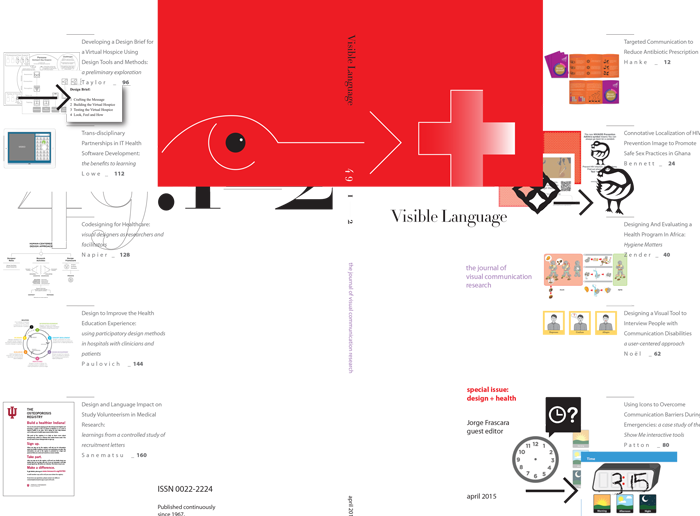Design to Improve the Health Education Experience: using participatory design methods in hospitals with clinicians and patients
Abstract
Poor communication in health is a persistent problem. Transient conversations, extreme time constraints, stress, trauma, clinical factors and the restrictive environment make effective communication between health professionals and patients difficult to achieve. Children, especially, are often positioned as passive participants in the healthcare paradigm. It is hypothesized that providing children with visual health information (well-designed, accurate, age appropriate, and presented in a way that they can understand,) can empower them to take charge of their health and well-being. For visual health education materials to be effective, accurate, and engaging, they need to be designed with input from design practitioners, health experts, and the target audience. However, constraints within the health field, such as restricted access to patients, make this difficult. Furthermore, when children are involved, ethical and practical obstacles can hinder the process. The research presented in this paper navigates the complexities of the health field and presents a realistic participatory design model that responds to the specific challenges associated with designing in a health-care environment. The efficacy of the approach is demonstrated through successful designs and positive health professional feedback.Downloads
Published
2015-04-01
Issue
Section
Journal Article

